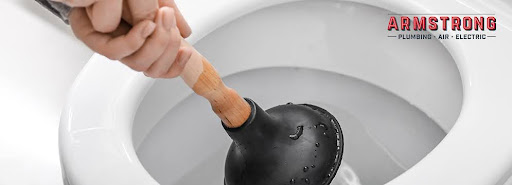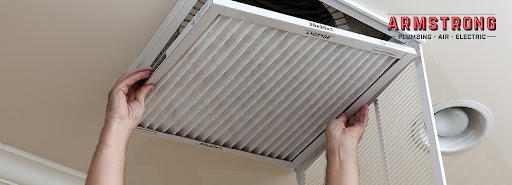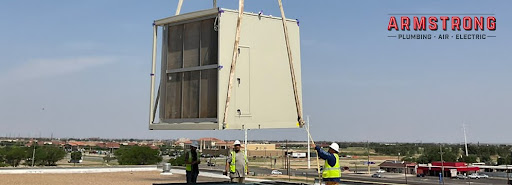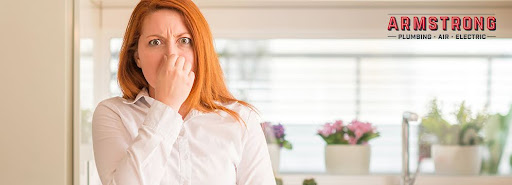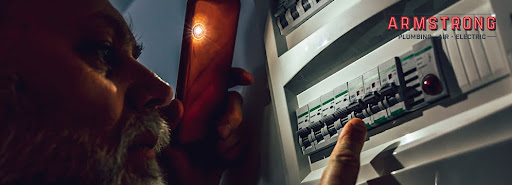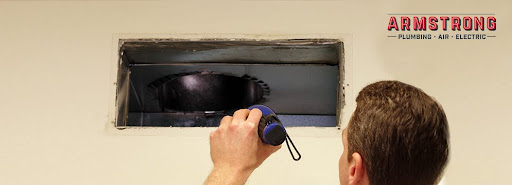When I think of the title of this blog (H2, Oh No), this is what comes to mind: Dorothy dancing down the yellow brick road, on her way to see the Wizard of Oz, singing ‘Lions and Tigers and Bears, Oh My!’ But what I hear is drips, clogs, and hoses, oh no!
Indeed, the scene in the picture above could be your sofa afloat in your family room. I know, most people think of a leaking faucet or bathroom fixture as a minor problem and many times it is. But every minor leak can quickly turn into a major leak. The bad news is the typical homeowner or renter has no idea when that might happen. Only an experienced plumbing professional can determine if that leak is truly minor or is a disaster waiting to happen.
But an unexpected flood should not be your only concern about a leak. According to a study done by IBM, a single faucet leaking one drop per second can add up to 27,000 gallons of wasted water a year. One measly faucet! As you might imagine, leaks are costly: even a slow leak can cost you $20 a year, and the average leak can cost you $60 to as much as $200.
Water damage can happen much more quickly with a clogged drain or plugged-up toilet. Clogged sink drains are one of the prominent causes of household flooding; and a blocked drain can be a sign of a more serious underlying problem that needs the attention of a plumbing professional. Blockages can also create health concerns, especially if it occurs in the bathroom. Stagnant wastewater can become a prime breeding ground for dangerous bacteria.
And please heed this warning: don’t think you’re going to fix the problem by just pouring cleaning chemicals down the drain. Plumbers usually say they don’t work and the harsh chemicals can actually cause damage to your plumbing system’s pipes. And it is never a good idea to use liquid drain cleaners on a clogged toilet. It can mix with the bleach that’s in most toilet bowl cleaners, creating a potentially poisonous gas that can make you sick.
And that about wraps up this… oh wait a minute. I said leaks, clogs and hoses oh no!. We almost overlooked one of the most devastating causes of household floods: washing machines. This is even more disastrous if the laundry room is on the 2nd floor. Your washing machine hoses will fail, it’s merely a question of when. Call your plumbing professional and have high quality replacement hoses installed. For better protection yet, talk to your plumber about a floodstop system. A floodstop system is based on a water sensor installed on the floor in the washroom; if the sensor detects water, it automatically shuts off the water supply to the washing machine and sounds an alarm.
Unfortunately, even if you do everything right, you can still experience a household flooding emergency, so keep the plumber’s phone number handy. That way, in the event of a sudden water emergency, you can act quickly and save money. In the meantime, call your friends at Armstrong for a complete plumbing system inspection.



